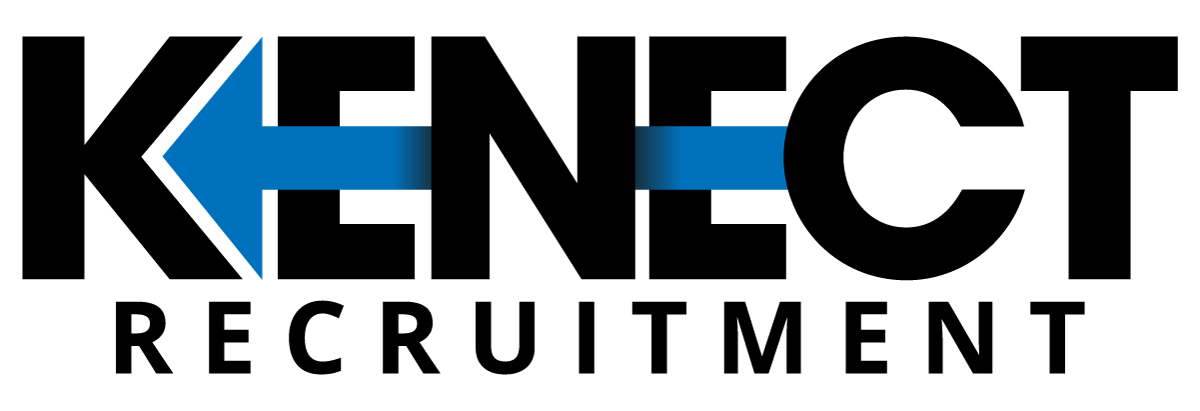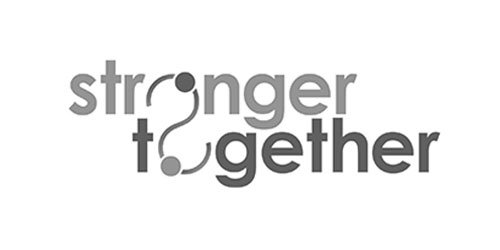Receiving a rejection for a role you had your eyes on is not an experience anyone wants to go through. This experience, however, is a common scenario in the job application market. On the other hand, what happens next depends on how you respond to that experience.
Nevertheless, cheer up! With a positive perspective and proper processing, you can turn a job rejection into your ultimate career success.
Here is how you can do it.
Evaluate your Application Process
You may have thoroughly prepared for this job application but don’t ignore the possibility that you may have overlooked something. Have you done enough research about the organization? The job role? How about your skills?
Think back to what happened during the interview. If your interviewer gave you some feedback, take it all into consideration and seriously work on improving. If you did not receive feedback regarding the interview, reach out and request a response. Most recruiters will gladly provide this.
Review, research, and practice, so that you will be more than prepared for your next job interview.
Upskill to be Better Qualified
In the world of job-hunting, your role is to convince the recruiter that you have the skills and ability to fill the position. Moreover, it is your job to convince the recruiter that you are the best person for it. On the other hand, the recruiter’s role is to make sure that the most capable person gets the job. Therefore, if someone else is better qualified than you are, guess who will be offered the job.
People will tell you not to try keeping up with the Joneses. But in the case of job hunting, you not only need to keep up with the competition, but you also need to be a few steps ahead.
Get additional training, study, and review. These steps are how you advance and outshine everyone else.
Clean up Your CV
Study your CV. You need to make sure it contains all the critical information related to the job you are seeking. This portion should include any relevant experience, including related training and certifications previously received.
Just remember that while it is tempting to fill your CV with every skill and qualification, keep everything relevant to the role. Weed out unrelated information, so you don’t draw attention away from the things that really matter. You can use a minimalist resume template to keep things clean and organized.
Job Rejection – Don’t Give Up
With the right mindset, a step back can be a stepping-stone. We all have dream jobs, but you can temporarily pivot your career while building on your dream job skills. There are many roles to help you gain holistic career development. You can look for business jobs, retail work, and even food-related jobs. All these positions help you gain knowledge that is equally important to technical skills. You can focus on improving your people skills, confidence, and learnability. It may sound futile to some, but all these ventures will help you land your dream role in the future.
One way of getting to know your field is to know job descriptions first and what’s expected from your supposed career. Say for example you’re more into management, then see Project Management Job Descriptions. Through that, you would understand a detailed scale of your job.
Create a Career Map
These days, nothing happens by pure luck. In order to succeed, you need to plan and work for it. Draw a career plan if you haven’t already. Write mini-goals and identify your action steps. Career mapping gives you a clear perspective of where you are currently. More importantly, it reminds you where you want to be and what you need to do to reach your career goal.
In closing, turning a job rejection into a positive experience takes a lot of courage and maturity. It’s about accepting where you went wrong, acknowledging what you lack, and, more importantly, being willing to accept the challenge and work on improving.
About the Author
Lisa Davis is a published author and contributor at contentcampfire.com. With over 17 years of experience in corporate training and career development, Lisa shares her wisdom and expertise through her published articles. Lisa also provides professional career coaching and training consultancy services for several businesses in the Midwest.









